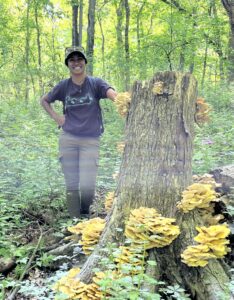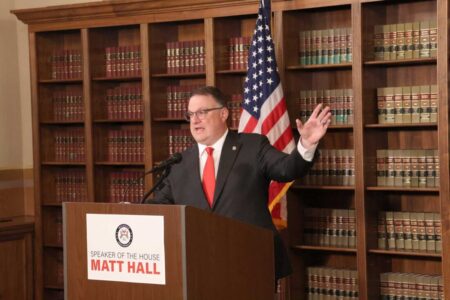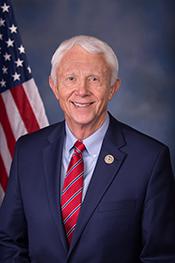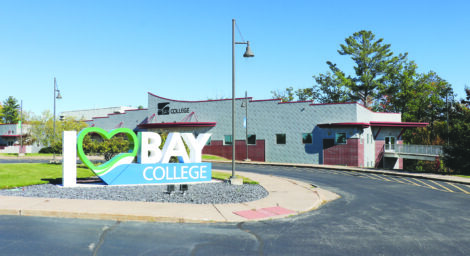City to investigate smell
ESCANABA — A mysterious smell that has plagued parts of Escanaba for more than five years is getting a second look, following the city council’s vote to conduct a study into the odor.
The smell has been known to sporadically affect businesses on Escanaba’s west side — including businesses on 19th Avenue North, Danforth Road, and North 30th Street — since at least 2019. Businesses have reported the odor can be smelled inside vehicles traveling in the area and that the smell has seeped through cracks in parking lots and into buildings through expansion seams in floors.
Both the city and the Delta Solid Waste Management Authority, which runs the county landfill, believe the small is clearly that of sulfate. Landfills are known to produce a sulfate smell, but the landfill has repeatedly pointed out that the smell dissipates the closer to the landfill itself.
One theory is that the smell is caused by leachate — liquid that is drained off of the landfill that contains rainwater, rotting material and other contaminants — that is disposed into the city’s sanitary sewer system. The portion of the sewer that was installed by the landfill to accommodate the leachate is relatively new compared to other areas of sanitary sewer in Escanaba, and it is possible the sewer further from the landfill is allowing the smell to escape because it is in poorer condition.
That theory was tested repeatedly in 2019, with the city flushing the sewer repeatedly and running smoke tests to check for leaks in the area. When that failed to identify the source of the odor, the city spent $12,350 to hire a study by Trimedia Environmental & Engineering Services of Marquette to investigate the source of the odors.
Separately, the solid waste authority installed a new gas burner at the landfill that they believed would help alleviate the issue. However, the smell continued to affect the area during the summer months.
During Thursdays meeting of the Escanaba City Council, Water and Wastewater Superintendent Jeff Lampi requested a second study of the problem, this time by Fishbeck, an engineering and environmental sciences firm, headquartered in Grand Rapids.
“I think that we are here, it’s our problem, it’s in our sanitary sewer — it’s our issue. I think that we need to find as many solutions as possible, as (many) solutions as we can, share those solutions with the landfill. As far as cost sharing later, I think we can look into that,” Lampi told the council after council members questioned why the city should be responsible for paying for the $34,400 study.
According to Lampi, the study would provide possible solutions, but could suggest the city or the landfill would need to pretreat leachate before it could enter the sewer system. He said building the equipment necessary to process the leachate could cost upwards of $1 million.
Similar to discussions had by the prior council that was seated in 2019, the question of ending the landfill’s access to the sewer system was raised by the council.
“I don’t believe any other industrial or commercial facility is allowed to discharge into a public sewer system anything that may cause problems,” said Council Member Ron Beauchamp.
Lampi agreed with Beauchamp, but pointed out that trucking leachate away from the city to a different treatment facility would be a significant cost for the landfill — and likely affect tipping fees across the county.
“I don’t feel that we as a community have the gumption to cut them off and force the million-dollar-plus a year for trucking,” he said.
The council approved the request for the study using funds from the wastewater department. However, it was noted by City Manager Jim McNeil that if an additional pretreatment facility needed to be constructed, the cost would not be passed on to other ratepayers but would be the responsibility of the landfill.





